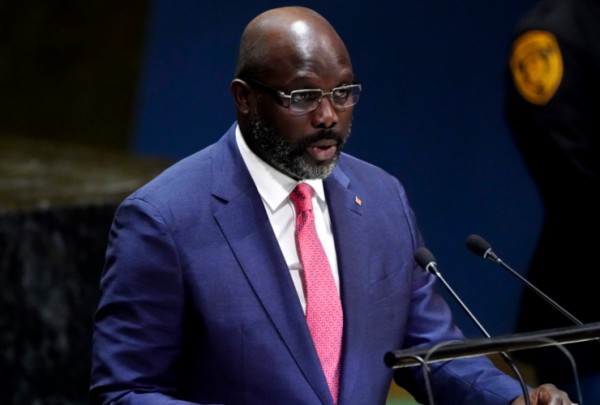Liberian newspaper publisher and editor in chief Rodney Sieh was released from prison on Sunday after serving one day of a 30-day sentence for contempt of court.
Sieh, who publishes FrontPage Africa newspaper and its online site, was charged with contempt because of a letter to the editor that was published in the newspaper on 25 October 2010, in which the writer accused one Supreme Court Justice of mishandling a murder trial, reports say.
The publisher was sentenced to 30 days in jail and fined US $300. He was also ordered to write a letter of apology. Sieh was released from Monrovia Central Prison after a weekend of tough negotiations, say reports. Sieh acquiesced to demands that he apologize to the court for his behaviour during the trial, and was subsequently released. Local news reports suggest that President Ellen Johnson Sirleaf may have helped negotiate his release, presumably to avoid embarassment to the country, which prides itself on press freedom.
According to a report in FrontPage Africa, Sieh wrote a letter to the court attempting to explain that the letters section of the newspaper is a “marketplace of ideas,” and in an opinion piece, Sieh noted that the views expressed by readers do not necessarily reflect those of the publication.
“We welcome the release of Rodney Sieh, but are concerned about the implications of his sentencing for press freedom in Liberia,” said IPI Acting Director Alison Bethel McKenzie. “In order to uphold press freedom and freedom of expression, the Liberian authorities must allow citizens to criticize all aspects of government and law – including the courts – without fear of punishment.”
“Moreover, the authorities must distinguish between readers’ opinions and the opinions of a publication. By printing letters to the editor, Rodney Sieh was simply allowing the public discourse to take place on the pages of his newspaper. He should not be punished for carrying out his duties as a journalist.”
Liberia recently became the first West African country to pass a Freedom of Information Act, which was welcomed by journalists and observers. But over the last few months, there continue to be cases reported in which security agents as well as high-ranking public officials in Liberia threaten, harass or otherwise intimidate journalists.


